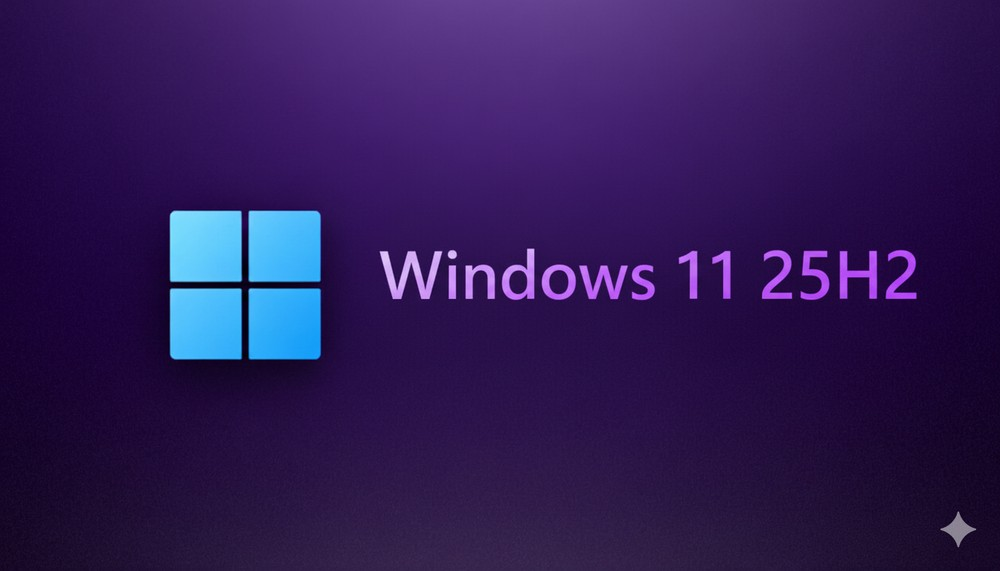Microsoft’s Latest Windows 11 25H2 Update Finally Rolls Out to Users, But Launch Day is Plagued with Troubles
Microsoft has officially begun rolling out the Windows 11 25H2 update, the latest feature refresh for its operating system. Unlike 24H2, this release isn’t designed as a major overhaul but instead builds on the same codebase with incremental improvements and a roadmap for new features arriving later. Among the anticipated updates are a revamped Start Menu with customizable application views and a new cross-device integration tool aimed at making Windows 11 more seamlessly connected across PCs and mobile platforms.
However, as reported by Windows Latest, launch day has not been without its problems. Microsoft confirmed at least four known issues that affect users upgrading to 25H2. While not classified as “dealbreakers,” they may frustrate some early adopters.
Known Issues in Windows 11 25H2
DRM Content Playback Issues
One of the most disruptive problems concerns DRM-protected content playback. In certain cases, users are unable to play DRM-licensed media, including some movies and streaming content. Microsoft identified the issue as tied to the Enhanced Video Renderer, and a fix is expected to roll out later in October 2025.Windows Update Standalone Installer (WUSA) Failure
The WUSA tool currently cannot install.msufiles, an issue primarily impacting enterprise environments. While not likely to trouble most home users, IT administrators relying on standalone patch deployments may encounter difficulties.Media Creation Tool Blocked on ARM64
Microsoft has also confirmed that the Media Creation Tool does not support ARM64 devices in 25H2. Attempts to run the tool on ARM-based PCs result in an error message. Fortunately, this does not affect x86 and x64 platforms, where the tool continues to function as expected.Inherited Bugs from 24H2
Because 25H2 is built directly on the 24H2 codebase, several existing issues have carried over. While not critical, this highlights Microsoft’s strategy of incremental feature layering, which also means some past problems remain unresolved at launch.
Users who want to install 25H2 can do so in two ways:
By enabling “Get the latest updates as soon as they’re available” in the Windows Update settings.
By downloading the enablement package update files, which unlock the 25H2 features on systems already running the 24H2 build.
While these issues may deter cautious users from upgrading immediately, Microsoft is treating them as manageable rather than critical. With fixes already in the pipeline, particularly for DRM playback, the company seems confident that 25H2 will serve as a stable platform for upcoming feature rollouts in late 2025 and beyond.
For now, the 25H2 update represents another step in Microsoft’s ongoing effort to polish Windows 11, expand ecosystem integration, and prepare the OS for broader hardware compatibility across both x86 and ARM platforms.
Are you planning to update to Windows 11 25H2 right away, or will you wait for Microsoft to patch the early issues?

